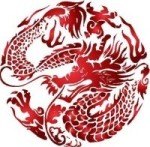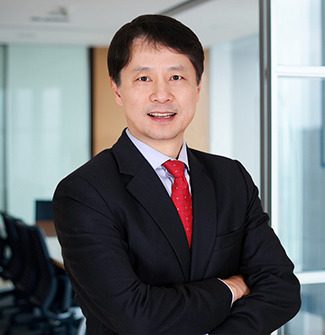Dr. Xiang Wang is the Partner-in-Charge for Asia and the head of China IP and Data Privacy & Cybersecurity practices, splitting his time between New York and Beijing offices, where he is the Managing Partner.
Xiang is a Guiding Expert of the China Overseas IP Dispute Response & Guidance Center.
He also serves several consultancy roles for local regulatory authorities, including as IP Guiding Expert of Shenzhen IP Protection Center; IP Guiding Expert of Zhejiang Province IP Protection Center; IP Consultant of Technology Innovation Bureau of Nanjing Jiangbei New Area Management Committee (Jiangsu Province); Expert of IP Dispute Investigation and Appraisal of Foshan Market Supervision and Administration Bureau (Guangdong Province); and Expert for Overseas IP Protection and Assistance of Foshan Intellectual Property Bureau (Guangdong Province).
Dr. Wang is an arbitrator of Beijing Arbitration Commission and Beijing International Arbitration Center.
Xiang has extensive experience in assisting local and foreign-based multinational companies with all aspects of their IP rights in the U.S. and China, including IP litigation and arbitration, patent infringement, industrial espionage, trade secret misappropriation, copyright and trademark infringement, ITC Sec. 337 investigations, patent office proceedings including inter partes reviews (IPR), IP due diligence and portfolio counseling, technology export control, mass torts and product liability, securities litigation, the Foreign Corrupt Practices Act (FCPA) and other investigations and compliance. These matters have implicated a vast array of technologies, from software and electronics to renewable energy and medical devices as well as agricultural and building materials, to name just a few.
Xiang also works extensively on cybersecurity investigations and data privacy compliance matters for both Chinese and international clients.
Xiang has been particularly active in Chinese state-owned enterprises related U.S. litigation. Clients turn to his strategic and innovative advice thanks to his in-depth understanding of their business needs and political risks. Clients appreciate that he “understood the environment in the China legal system and can give nuanced advice”.
Xiang has developed the region’s premier IP practice based on his reputation as one of the few IP lawyers who has a doctorate in electrical and computer engineering, a Juris Doctor, a Chinese Certificate of Laws, and admission to practice law in New York, Indiana and before the U.S. Patent and Trademark Office. Due to its success in patent disputes in the United States and China, involving both foreign and Chinese companies, Orrick IP team was exclusively featured in a documentary film “Patent Wars” by the China Central Television (CCTV).
Xiang is highly regarded for his practical legal advice that results from more than ten years of experience at medical and electronic device businesses before becoming a lawyer. He also has received four U.S. medical-technology patents in his name.

How can trade secret misappropriation disputes be litigated in Chinese courts, despite the system’s lack of US-style discovery tools? Many companies, especially foreign companies, might be hesitant to even think about bringing trade secret misappropriation actions in China for many reasons, but perhaps most importantly, based on concerns over how to collect evidence. READ MORE →

Trade secrets were first introduced into China law through the Article 10 of the “Anti-Unfair Competition Law of China” (effective Dec. 1, 1993). This defines a “trade secret” as technological or business information that (a) is unavailable to the public; (b) creates economic benefits for its owner and is of practical utility; and (c) is subject to measures taken by its owner to maintain its secrecy. And it defines “misappropriation” as taking place when:
- a party acquires the owner’s trade secret by improper means such as theft, economic inducement, or coercion;
- a party discloses, uses, or allows other parties to use the trade secret acquired by these means;
- a party discloses, uses, or allows other parties to use the trade secret in violation of an agreement with, or requirement by, the owner to protect the trade secret; or
- a third party acquires, uses, or discloses other parties’ trade secrets with the actual or presumed knowledge of the above-mentioned illegal acts.
Read More




